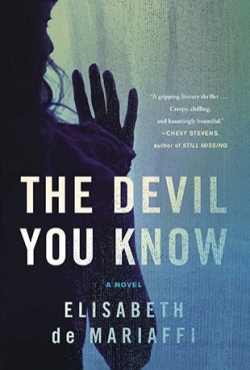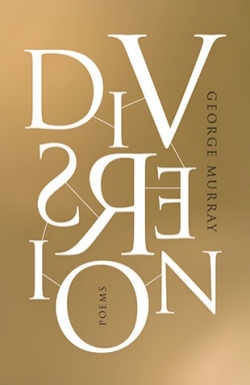The author discussed her thriller in an interview with Writers Read. In this excerpt she explains how the story developed:
“The Devil You Know started, for me, with an image: There’s a young woman standing in her bachelor apartment. It’s night time, and she’s got her all the lights on; outside it’s just black. As she’s standing there, kind of looking at her black windows, something happens.
“A cat and a raccoon get into it on a back fence someplace and one of her neighbours motion sensor lights kicks on — the window lights up — and she’s there’s a man standing on her fire escape, just outside, looking in at her. Then the motion sensor goes off. The young woman is paralyzed. Is there a stalker outside her window? Is he going to come in? Or is he a product of her imagination, her anxiety?
“Originally, I thought I might write a short story about this. But this presented a few problems: I had one character inside the house, and one character outside the house, and they never talk — and also, one of them might not actually exist. So this had huge potential in my mind to be a boring story. I knew I didn’t want to write a boring story, so I scrapped that.
“Once I figured out that Evie was going to be a news reporter, the story really started to pick up speed. It gave her some real agency, and she was also young and new at it and committed to overcoming whatever life had thrown at her, in terms of her own fear.
“So, I guess what I’m saying is: It’s both. I naturally lean to writing tension into my pacing, but also, for me, The Devil You Know is a book about fear. And I think that in order to understand this kind of fear, you have to be made to feel afraid.”
‘This book is all about moments’
With his latest collection of poetry, Diversion, George Murray seeks out the poetry in the disrupting digital cacophony of our everyday lives. He describes it as “an abstract diary of what it means to be distracted.”
Reviewer Shannon Webb-Campbell characterizes Murray’s verses as calculated, wry and dark. “Instead of harbouring poetry’s quiet emotions, Diversion harnesses anger, bliss, shame, and awe.”
 From left: Author Elisabeth de Mariaffi and St. John’s poet laureate George Murray.
From left: Author Elisabeth de Mariaffi and St. John’s poet laureate George Murray.

